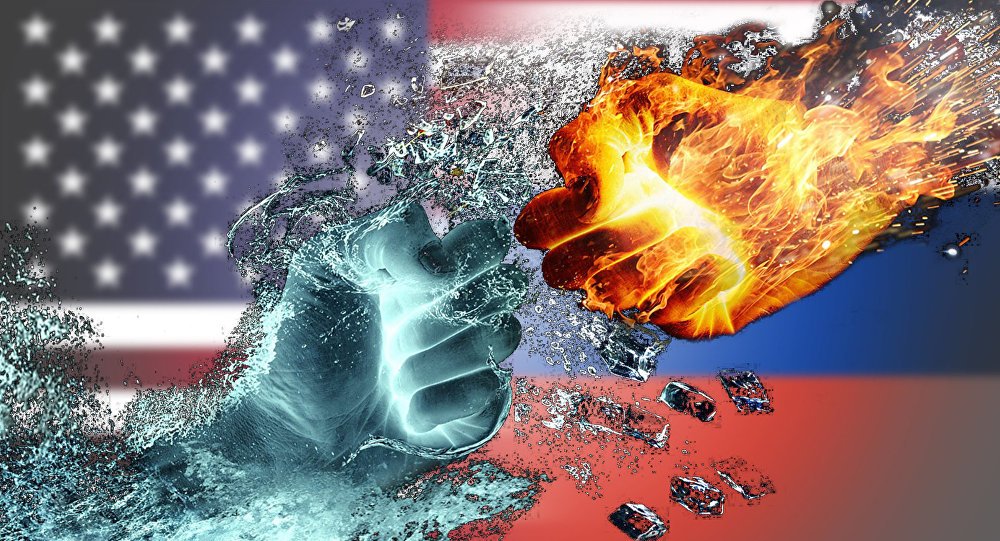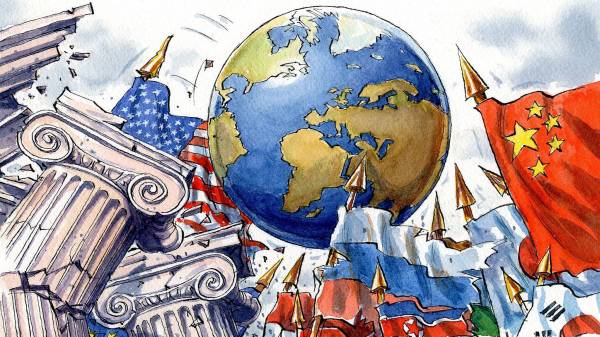Vladimir Sotirovic: why should Russia be respected in international relations or has the West "finished" with Russia?
Reborn Russia
After the dissolution of the USSR in 1991, Russia and Russian studies including Russian language, culture and history became for a long time not very popular fields of study as well as occupations in the West compared to the Cold War (1949).−1989. G). The reason for this trend was the deep belief in the West that it simply "ended" with Russia as a great power after the collapse of the Berlin Wall and the disappearance of both the USSR (Soviet Russia) and the Warsaw Pact. However, geopolitical strategists in the West and primarily in NATO and the Pentagon have overlooked one thing: the Soviet Union has disappeared, but not Russia itself, which has been since 2000.- and experienced a constant military-political and economic-financial renaissance after the disastrous years (decade) of Boris Yeltsin's rule and his Euro-Atlantic liberals. It was believed after 1991.- Mr. that Russia's influence in world politics and international relations has been definitively eliminated and, therefore, Western universities have abolished chairs, programs and Centers for the study of Russian culture, language and history as practically unnecessary in the geopolitical sense.



